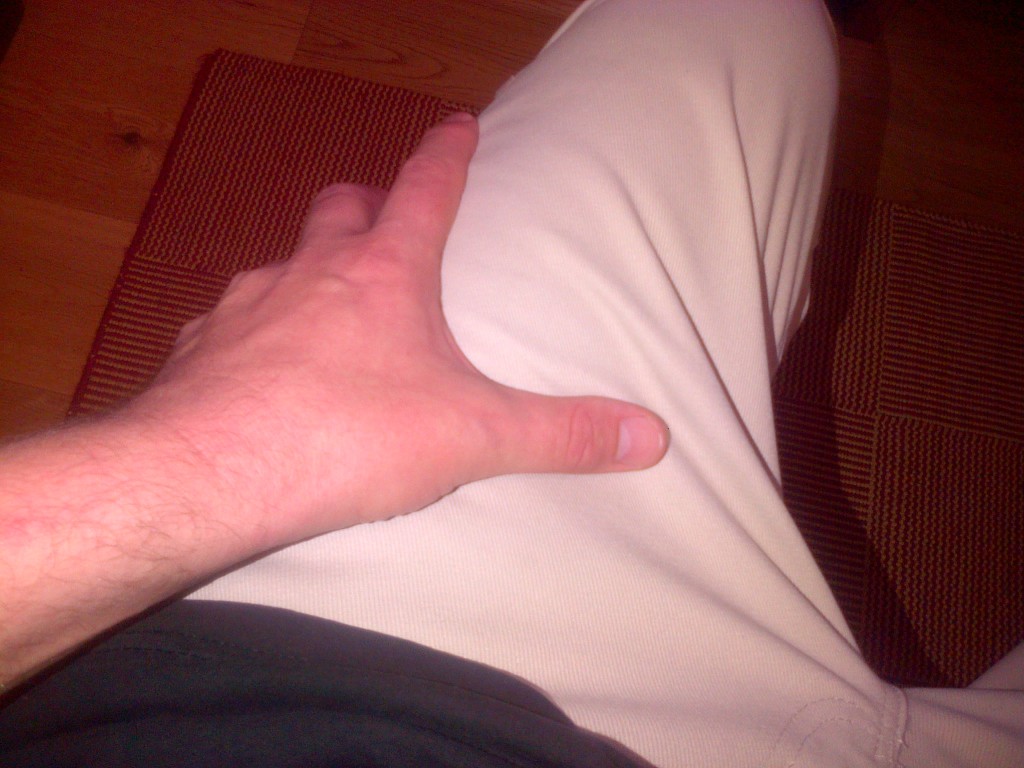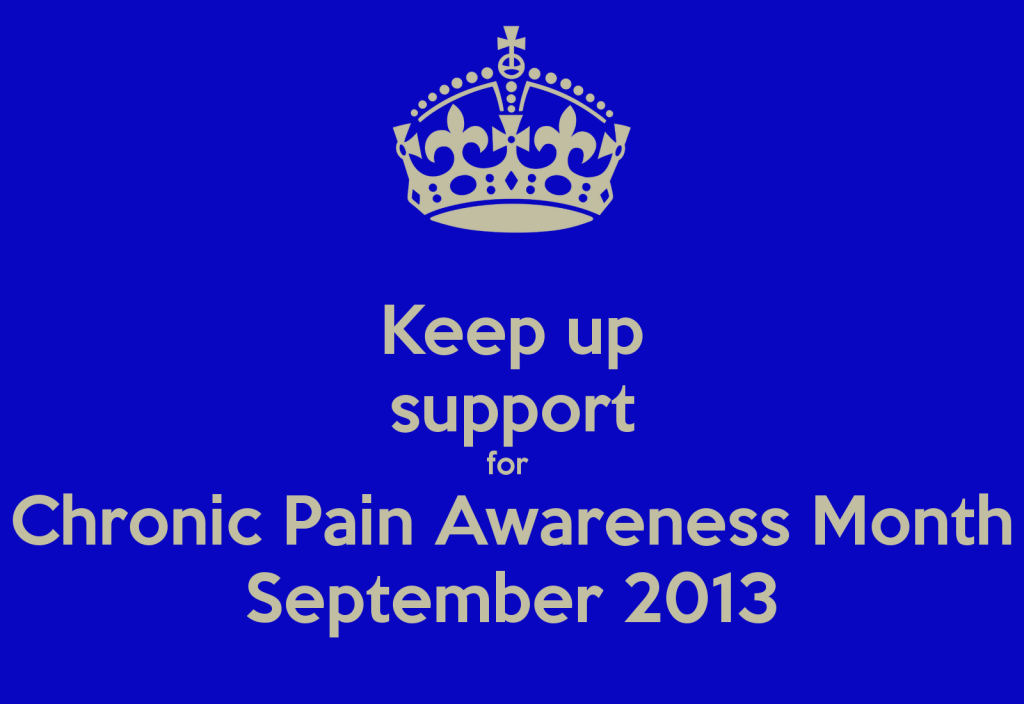Simply put Allodynia can be defined as pain due to pressure on the body where in normal circumstances people would not expect to feel any pain.
Examples of medical conditions which have Allodynia as a symptom include Fibromyalgia (https://patienttalk.org/?tag=fibromyalgia), Neuropathic pain (https://patienttalk.org/?p=281), complex regional pain syndrome (https://patienttalk.org/?p=1003) and migraines.
The objective of the blog is first to raise awareness of Allodynia. And also to provide a forum for people to share their experiences of living with; and treating Allodynia.
The pain can be from both touch and from changes in skin temperature.
It would be great if you can use this blog to share your experiences of Allodynia. We are interested in some of the following issues:-
a) Which condition caused your Allodynia?
b) How did this Allodynia present itself?
c) In one sentence how would you describe the pain to somebody who has never experienced it before?
d) How your Allodynia was treated and how successful was that treatment?
e) What advice would you give to somebody who suffers from this kind of pain?
Please feel free to share any part of your pain story with our readers in the comments box below. If you have any links you think might be of interest, again, please put them boxes below
Many thanks in advance




